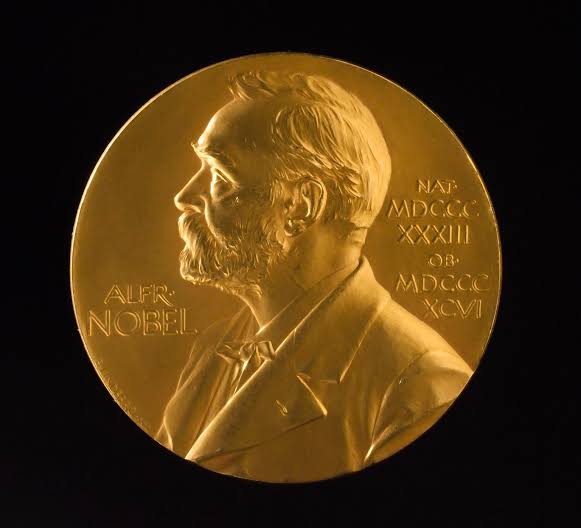INTERNEWSTIMES.COM – The Nobel Prize, often hailed as the pinnacle of scientific achievement, has become a subject of debate in recent years. While the award continues to celebrate groundbreaking discoveries, questions about its relevance in a rapidly evolving scientific landscape are increasingly being raised.

The prestigious prize, established by Swedish inventor Alfred Nobel in 1901, aims to recognize “those who, during the preceding year, shall have conferred the greatest benefit on mankind.” The Nobel Prize has undoubtedly played a significant role in highlighting major scientific advancements, from the development of vaccines to energy-efficient LED lights and revolutionary gene-editing technologies.
However, the Nobel Prize’s impact on inspiring scientific interest and its inclusivity in a globalized world are being scrutinized.
Beyond Individual Brilliance: A Collaborative Landscape
The Nobel Prize has traditionally been awarded to individual scientists, perpetuating the image of a solitary genius driving scientific progress. While this may have been true in the past, modern scientific breakthroughs are often the result of collaborative efforts involving hundreds of researchers from diverse fields across the globe.
While the Nobel Prize increasingly recognizes groups of scientists, the reality is that behind every laureate, there are thousands of other scientists, PhD students, and technicians who contribute to the research but remain largely unknown to the public.
A Global Scientific Community Demands Greater Representation
One of the most prominent criticisms of the Nobel Prize is its lack of diversity and bias towards Western scientific institutions. In the field of science, less than 15% of Nobel Prize recipients are women. Furthermore, the representation of scientists from countries outside Europe and the United States remains significantly limited.
The United States, the United Kingdom, and Germany dominate the rankings of Nobel Prize recipients, with a combined total of 663 winners. In contrast, China has 8 and India has 12 winners.
“While many awards are well-deserved, they are not immune to political influences,” says Rajib Dasgupta, a doctor and professor of public health in New Delhi, India. “Many institutions in other countries, including India, are often overlooked. The Nobel Prize committee needs to be more inclusive.”
The Nobel Prize can inadvertently exacerbate existing inequalities by channeling more funding to institutions that have already received recognition and awards.
Dasgupta emphasizes that institutions in countries like India need to strengthen their capabilities to compete with the United States and Europe, only then can they retain their talented researchers.
The Nobel Prize remains a prestigious recognition of scientific achievements, but its relevance in a globalized world of science is being questioned. The award’s lack of diversity and its focus on individual genius, while acknowledging the collaborative nature of modern science, raises concerns about its ability to truly represent the global landscape of scientific discovery. (Red)























